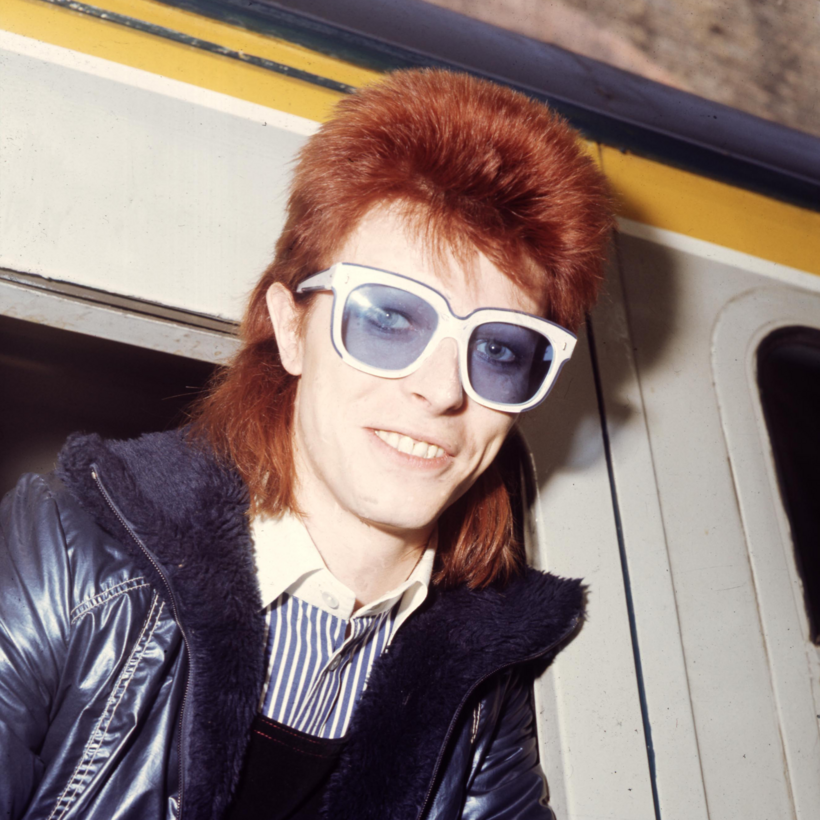April 25, 1963, Fairfield Halls in Croydon, south London. I was 13 years old and at a Beatles concert. At the end of the show everyone rushed round to the stage door, hoping for a glimpse of the boys. They came out and we screamed; they waved to us, we screamed louder; and when they got into the car and pulled out of the gates, we were on it like dogs.
I was on the bonnet, others were on the roof. I could see them in the car — they looked scared — and it took the police to get us off. The moment left me in tears, and I didn’t know why. It could have been teenage angst, or hormones, or adrenaline, but in my heart I felt a freedom I’d never felt before. It was at that moment I knew I didn’t want a normal life. I didn’t know how to change it, but I didn’t want to live the life of my parents.

